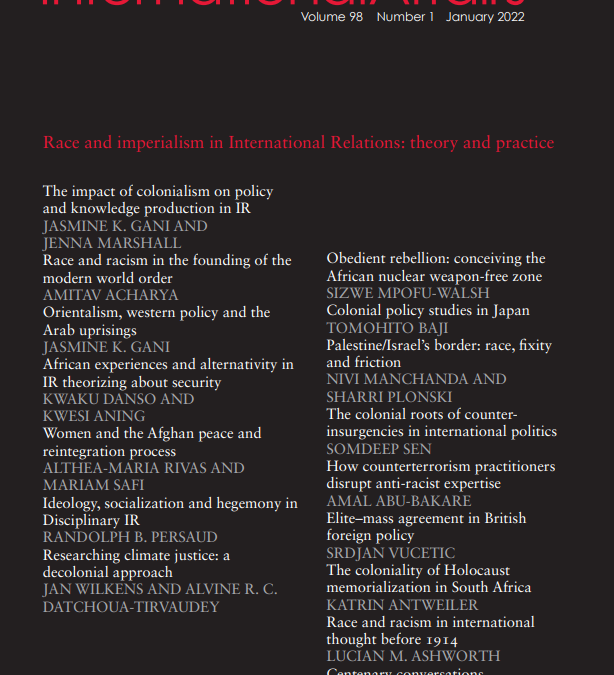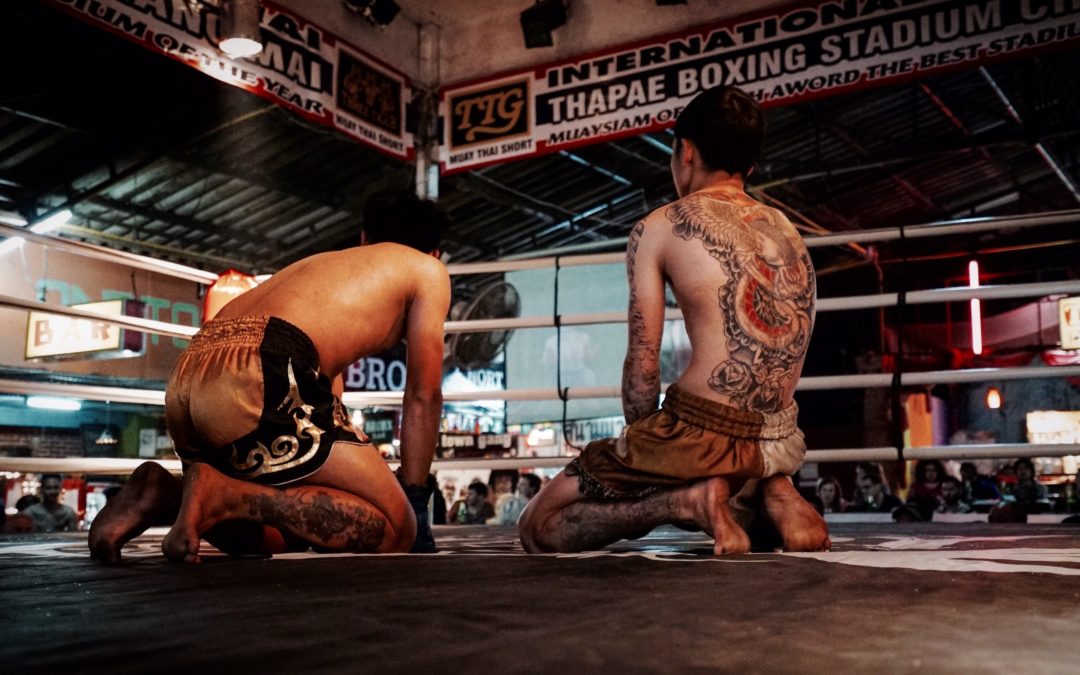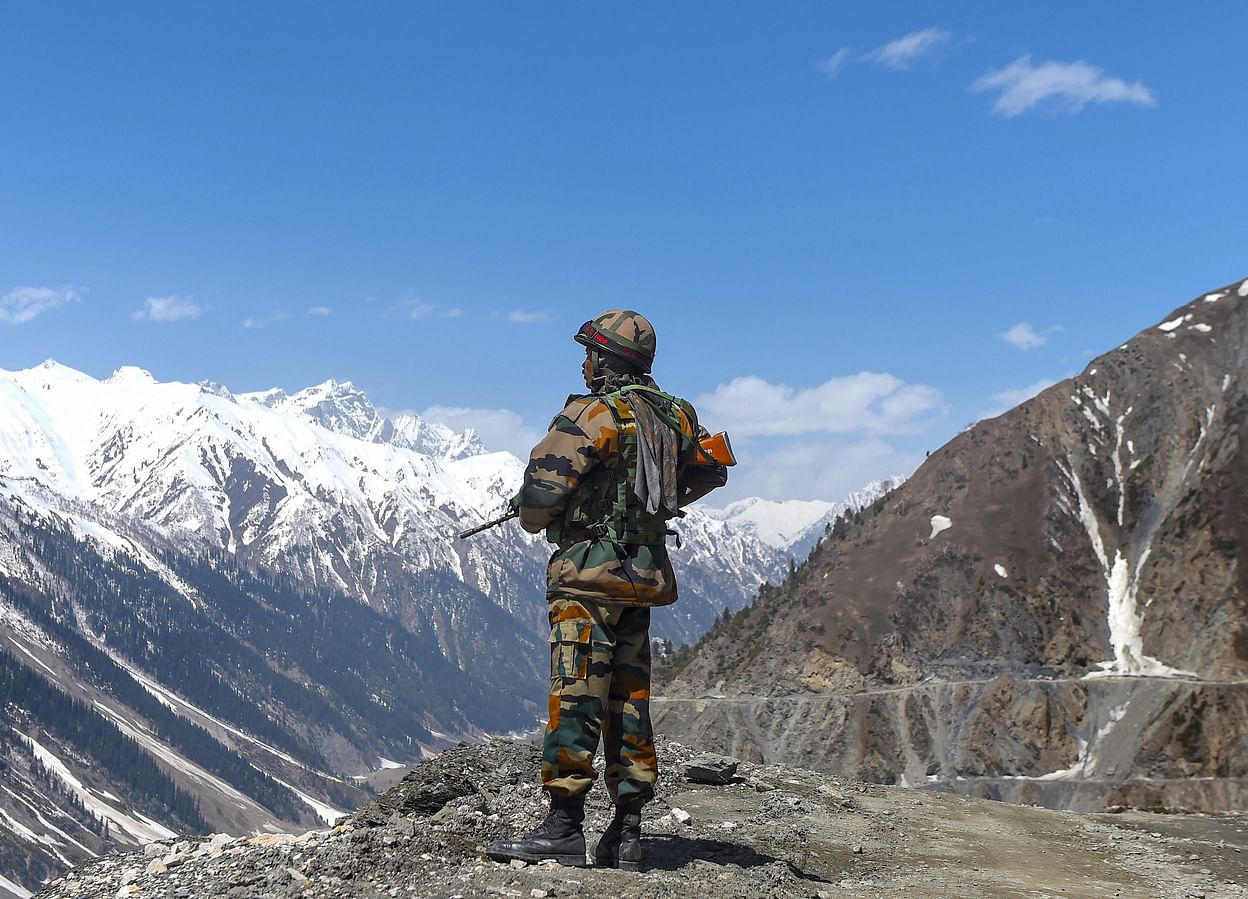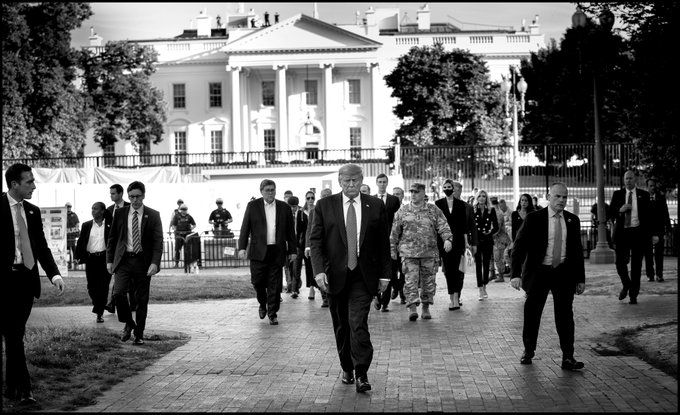Even when Latin Americans are allowed to speak, IR scholars and practitioners do not listen to them due to the language in which they produce knowledge, epistemic violence and access barriers.


Even when Latin Americans are allowed to speak, IR scholars and practitioners do not listen to them due to the language in which they produce knowledge, epistemic violence and access barriers.

Millions of people around the world are watching breathlessly as teams compete in the World Cup, held in Qatar. Many others--like me--tune it out, turned off by that guy in grad school who spent a...

Initial speculation about Nord Stream reveals both the strengths and limitations of using international-relations models to make sense of unfolding events

I was on a refreshingly contrarian panel recently as part of Victoria Forum, this big shindig in Canada (at University of Victoria in British Columbia, not to be confused with Victoria University of...

This is a guest post from Aniruddha Saha, a PhD student at the Department of War Studies, King’s College London. His research examines India’s nuclear policy using a constructivist approach and is currently being funded by a King’s International Postgraduate Research Scholarship. He has also recently published with Strategic Analysis, OpenDemocracy, Eurasia Review and The Quint. With the killing of 20 Indian soldiers by the Chinese army along the disputed Line of Actual Control (LAC) on June 16, several dimensions of the violent border skirmishes between India and China have come to light....

This is a guest post from Julie VanDusky-Allen, Olga Shvestova, and Andrei Zhirnov. Julie VanDusky-Allen is an assistant professor at Boise State University. Her research focuses on both formal and informal institutions, legislative organization, political parties, political participation, and support for and satisfaction with democracy. Olga Shvestova is Professor of Political Science and Economics at Binghamton University (SUNY). Professor Shvetsova's research focuses on determinants of political strategy in the political process. Broadly stated, these include political...

This is a guest post by Ryan Lloyd, a Visiting Assistant Professor of International Studies at Centre College. His research focuses on comparative political behavior and vote buying, particularly in Brazil. He can be reached at lloydr418@gmail.com, and on Twitter at @Lloyder2323. Public health and political crises The numbers were disastrous. After months of denialism, Brazil had just passed Italy into third place for official deaths related to COVID, and was hot on the UK’s tail, with 35,930--more than 1,000 were dying per day. And despite massive undercounting of cases, it was already in...

Note: This post began life as an op-ed; I have amended it slightly from the version shared on Facebook to add more social scientific perspective. The United States set new single-day record for new COVID cases on June 24th through 26th, surpassing what had been hoped would the highest point of the curve on April 24. The United States is now in a two-horse race with Brazil to be the epicenter of the COVID pandemic. The economic and social sacrifices made to attempt to flatten the curve—sacrifices that include the highest unemployment rate since the Great Depression and school...

This is a guest post by Manali Kumar, incoming Postdoctoral Fellow at the University of St. Gallen (Switzerland). Her research focuses on prudence in statecraft, and India’s national identities and interests as a rising power. She can be found on Twitter @manalikumar. Despite one of the strictest nationwide lockdowns in the world, which lasted for 68 days before the government started easing restrictions on 8 June, the COVID-19 pandemic has continued to spread in India. Although the country’s international borders remain closed, domestic travel has resumed and shopping malls, restaurants,...

This is a guest post from Hina Khalid and Ashley Fox. Hina Khalid, PhD, MPP is an Assistant Professor in the School of Humanities and Social Sciences, Information Technology University, Lahore, Pakistan. Her work focusses on health policy with a special interest in health system performance and health inequities. She can be found on Twitter @HinaaaKh. Ashley Fox, PhD, MA, is an Assistant Professor of Public Administration and Policy at Rockefeller College of Public Affairs and Policy, University at Albany, SUNY, who researches the politics of health policy and population health. She can be...

This is a guest post by Carrie A. Lee, an Assistant Professor at the US Air War College. The opinions and recommendations offered in this piece are those of the author do not represent the official policy or positions of the U.S. Government, U.S. Air Force, or Air War College. On the first evening of June 2020, President Donald Trump used National Guard military police units to fire tear gas and rubber bullets on peaceful demonstrators in front of St. John’s Episcopal church in Washington, DC. The move, which was largely perceived to be an intentional and excessive show of force to clear the...

This is a guest post from Matthew B. Flynn, André Pereira Neto, and Letícia Barbosa. Matthew B. Flynn is an Associate Professor of International Studies and Sociology at Georgia Southern University. His work focuses on pharmaceutical policies in Brazil, the immigration detention complex throughout the world, and the intersections between globalization and global health. André Pereira Neto is a full professor at the Oswaldo Cruz Foundation, Brazil, where he coordinates the Internet, Health and Society Laboratory (LaISS) and teaches at the graduate program in Information and Communication in...